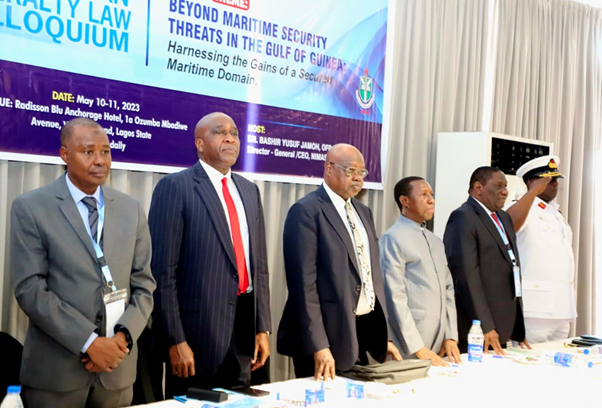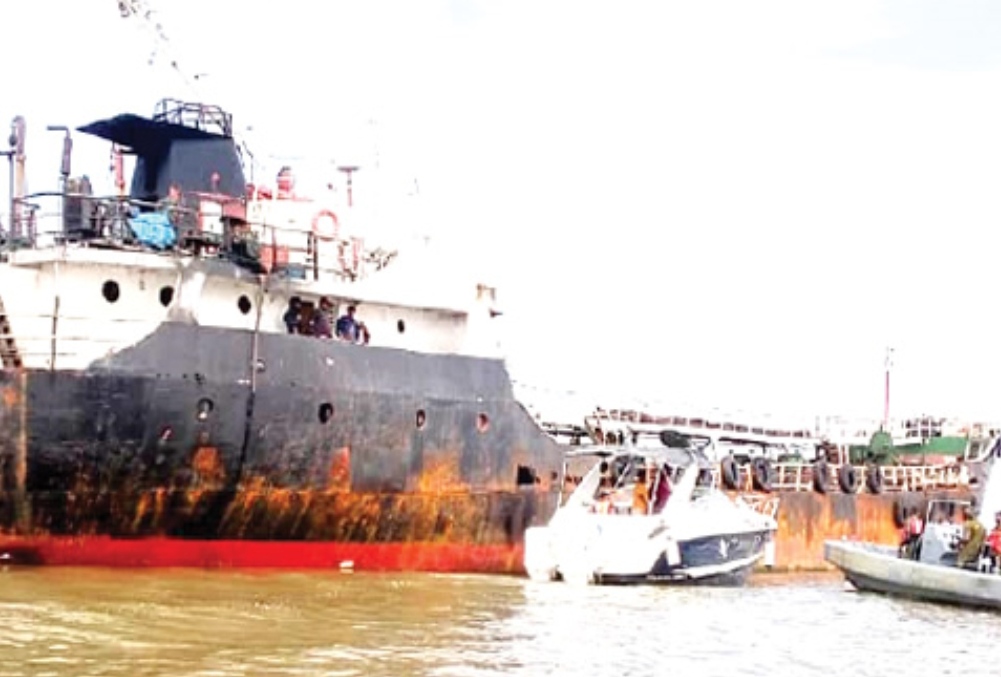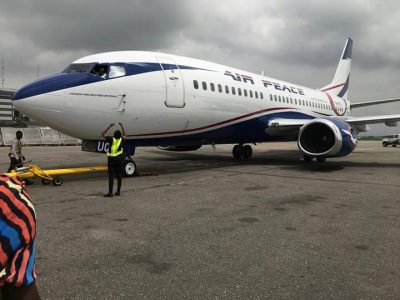Piracy: IMO Lauds NIMASA, Navy Over Reduction
By Frank Odinukaeze

The International Maritime Organization (IMO) has commended the Nigerian Maritime Administration and Safety Agency ( NIMASA) and the Nigerian Navy for the huge success recorded at the Gulf of Guinea (GoG) in recent times.
Delivering the keynote address at the Nigeria International Maritime Summit ( NiMS), in Lagos on Monday, Secretary of the IMO,Kitack Lim noted that piracy at the GoG has reduced very significantly in the last six months ,and hinged the success on unrelenting effort of NIMASA and the Nigerian Navy.
His words,”As we continue to look at ways the International Maritime Organization (IMO) can assist Nigeria, and other African member states, in increasing their maritime capabilities, I wish to use this opportunity to congratulate NIMASA for the successes recorded in reducing piracy and other maritime crimes in Nigeria’s territorial waters, and the Gulf of Guinea area, to record low levels”
“We understand that this has come about through NIMASA’s collaboration with the Nigerian Navy, as well as local and international partners and for this, we say congratulations”.
The IMO scribe noted that the target set in 2018 for the reduction of carbon emissions by 2050 has three phases .The first phase is Zero emission by 2050 ,reduction of carbon by 2050 and decarbonization by 2050.
Recognizing the need for women inclusiveness in the scheme of things , particularly issues that bother on maritime,the IMO Secretary called for gender diversity in the industry and promulgatoon of laws and policies that are gender friendly.
“Ladies and Gentlemen, when it comes to maritime personnel, we must all work to ensure that there is race and gender diversity in the maritime industry and as such, laws and policies promoting equality and diversity must be pursued
“This in turn will make the career possibilities of future generations wishing to join the maritime family brighter
“One of the most recent additions to the global maritime calendar has been the addition of the first ever ‘International Day for Women in Maritime’ which would be celebrated for the first time next year. I hope you all would join us in marking this day meant to celebrate the contributions of women in the maritime industry”he said.
The Minister of Transportation,Engr.Mu’azu Jaji Sambo,while declaring the summit open stated the objective of the Summit which was to capture important questions, opportunities and challenges associated with Nigeria’s quest for achieving a sustainable approach to harnessing the blue economy.
He said the Summit was also necessary for discussions within the global community on the need to reshape the way the shipping industry operates in the face of current and future challenges, ranging from a changing climate and the need for rapid decarbonisation by 2050 cannot be overemphasized.
“Nigeria’s commitment to the sustainability of the blue economy is demonstrated by the adoption of the United Nations Sustainable Development Goals (SDGs).
“To this end, an Expanded Committee on Sustainable Blue Economy in Nigeria (ECSBEN) under the leadership of no less a person than the Vice President of the Federal Republic of Nigeria is driving the implementation process and to perfect the agenda for a national strategy.
“This agenda amongst others is focused on providing an assessment of the current realities, opportunities and challenges for economic diversification and the growth of a sustainable blue economy.
“This includes the identification and review of relevant policies and institutional/capacity-building mechanisms,adding that ,
“This is in addition to the identification of regional and cross-border partnerships necessary for the implementation of the blue economy plan, the relevant sectors, actors and linkages, and the development of a national action plan with an implementation strategy for the Nigerian blue economy.” he said.
He noted that synergy with the appropriate authorities had been responsible for several achievements in the fight against piracy.
He noted that finance is a critical driver for unlocking the potential of the blue economy in Africa and Nigeria in particular .
“Sustainable financing models are therefore important to build critical maritime assets such as shipyards and ports across the country” he said.






